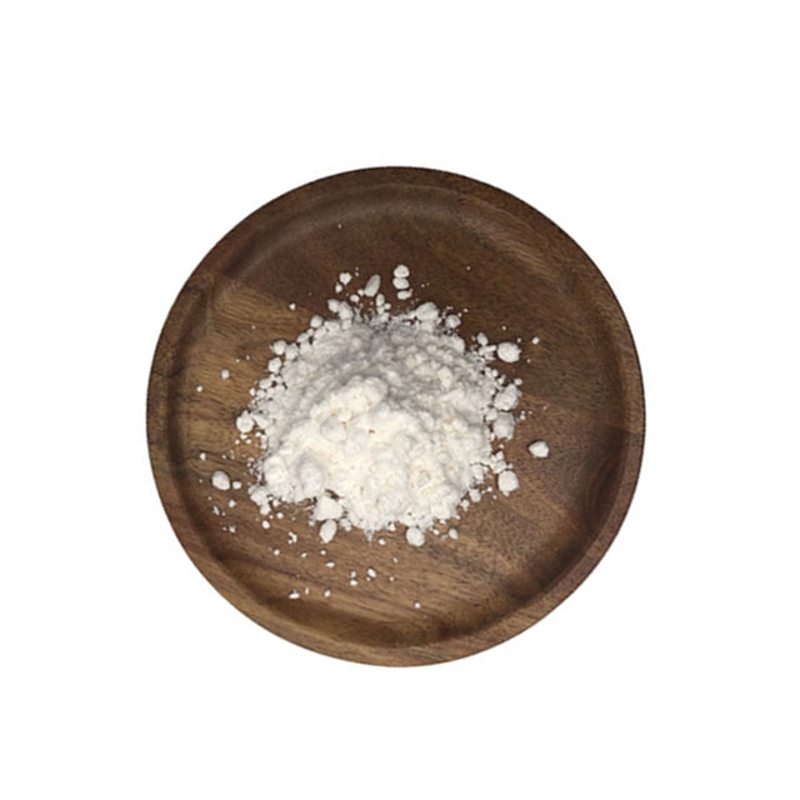Blood: Single-cell sequencing reveals the genetic molecular basis of the epigenetic ity of bone marrow tumor mutations.
-
Last Update: 2020-07-27
-
Source: Internet
-
Author: User
Search more information of high quality chemicals, good prices and reliable suppliers, visit
www.echemi.com
!---- Note: Two pairs of independent genetic genes together determine a particular characteristic, one of which covers the other pair's phenotype - epistasis)are covered - hypostasis; if the masking gene is a dominant gene, called an upper dominant gene; its action is called dominant upper-positional actiondominant upper act: when the upper gene is in the state of dominant purity or heterogeneous, regardless of the genotype of the lower gene, the role of the lower gene can not be shown, only when the upper gene is in recessive purity, the role of the next gene can be shownrecessive upper position: when the upper gene is in the recessive purity state, the role of the lower gene can not be shown, and when the upper gene is in the state of dominant purity or heterogeneous, the role of the next gene can be shownAbstract: Large-scale sequencing studies of hematologic malignancies show that there is a significant uppersex ness in high-frequency mutationsmutation splicing in RNA splicing factors, the most obvious example of uppersexthese lesions are one of the most common changes in myelin tumors, which generally occur in a mutually exclusive manner, a finding attributed to their synthetic lethal interactions and/or polymerizationHowever, it is strange that patients with multiple associated splifying factor mutations have been observed, which challenges our understanding of one of the most common epistital examples of malignant tumors in the hematologic system, Taylor and others conducted a large number of single-cell analysis of myelin malignancies with 2 or more shear factor mutations to clarify the probability and basis for these mutations to coexistin 4,231 patients, the shear factor mutation was strongly mutually exclusive (q.lt;0.001), but 0.85 percent of patients still carry two accompanying bona fide splicing factor mutations, 50 percent of which appear in the same cellbut the distribution of mutations in the twin mutants is different from the mutations in the single mutants, rejecting the most common allele genes (e.gSF3B1K700E and SRSF2P95H/L/R), and mostly less common allele mutations (e.gSF3B1 non-K700E mutation, rare amino acid replacement at SRSF2P95 and U2AF11S34/Q1577 mutations)the effect of sF3B1 and SRSF2 alleles enriched in dual mutants on RNA splicing and/or binding is reduced compared to the most common allelein addition, The U2AF1 double mutation occurs and retains the wild type allelesthis study highlights the importance of allele-specific differences in regulating the molecular effects of shear factor mutations and their coexistence/rejection.
This article is an English version of an article which is originally in the Chinese language on echemi.com and is provided for information purposes only.
This website makes no representation or warranty of any kind, either expressed or implied, as to the accuracy, completeness ownership or reliability of
the article or any translations thereof. If you have any concerns or complaints relating to the article, please send an email, providing a detailed
description of the concern or complaint, to
service@echemi.com. A staff member will contact you within 5 working days. Once verified, infringing content
will be removed immediately.







